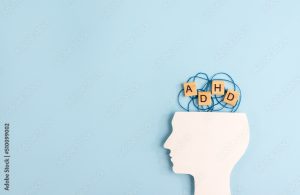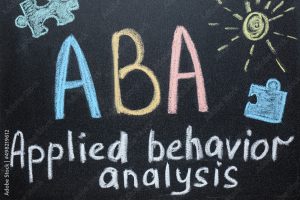Special education is a tailored educational approach designed to meet the unique needs of children with disabilities. It encompasses a broad spectrum of services and interventions, ensuring that all students have access to quality education and the opportunity to reach their full potential. This article delves into the core principles of special education, its practices, and the profound impact it has on students, families, and educators.
Core Principles of Special Education
Individualized Education Program (IEP)
At the heart of special education is the Individualized Education Program (IEP), a document that outlines customized educational goals and the specific services a child will receive based on their unique needs. The IEP is developed collaboratively by a team that includes educators, parents, and specialists, ensuring a holistic approach to the student’s education.
Least Restrictive Environment (LRE)
The principle of Least Restrictive Environment (LRE) mandates that children with disabilities should be educated with their non-disabled peers to the greatest extent possible. The goal is to foster inclusion and ensure students are not isolated due to their disabilities.
Inclusion
Inclusion in special education emphasizes the importance of integrating students with disabilities into general education classrooms. This approach not only supports academic achievement but also promotes social interaction and understanding among all students.
Practices in Special Education
Special education practices vary widely, tailored to the diverse needs of students. These practices include:
Differentiated Instruction
Educators use differentiated instruction to cater to the varying abilities and learning styles of students. This approach may involve modifying teaching methods, materials, or pacing to make learning accessible and engaging for all students.
Assistive Technology
Assistive technology plays a crucial role in special education, enabling students with disabilities to participate more fully in their education. Tools and devices can range from simple (e.g., pencil grips, audio books) to complex (e.g., speech-to-text software, specialized computers), depending on the student’s needs.
Behavioral Interventions
For students with behavioral challenges, special education includes strategies and support systems to improve behavior and social skills. These interventions are designed to encourage positive behavior and reduce disruptions, enhancing the learning environment for all students.
Impact of Special Education
The impact of special education extends beyond academic achievements. It plays a vital role in building confidence, self-esteem, and independence among students with disabilities. Special education:
- Promotes Inclusivity: By integrating students with disabilities into general education settings, special education fosters a culture of inclusivity and respect for diversity.
- Supports Families: Special education provides families with resources and support, helping them navigate challenges and celebrate their child’s progress.
- Prepares for the Future: Through personalized learning and support, students with disabilities are better prepared for life beyond school, including higher education, employment, and independent living.
Conclusion
Special education is essential in creating an equitable and inclusive educational landscape where every student has the opportunity to succeed. By addressing individual needs and fostering a supportive and inclusive environment, special education empowers students with disabilities to achieve their full potential. The commitment of educators, families, and communities to uphold the principles and practices of special education is crucial in ensuring that all learners are valued and supported.




